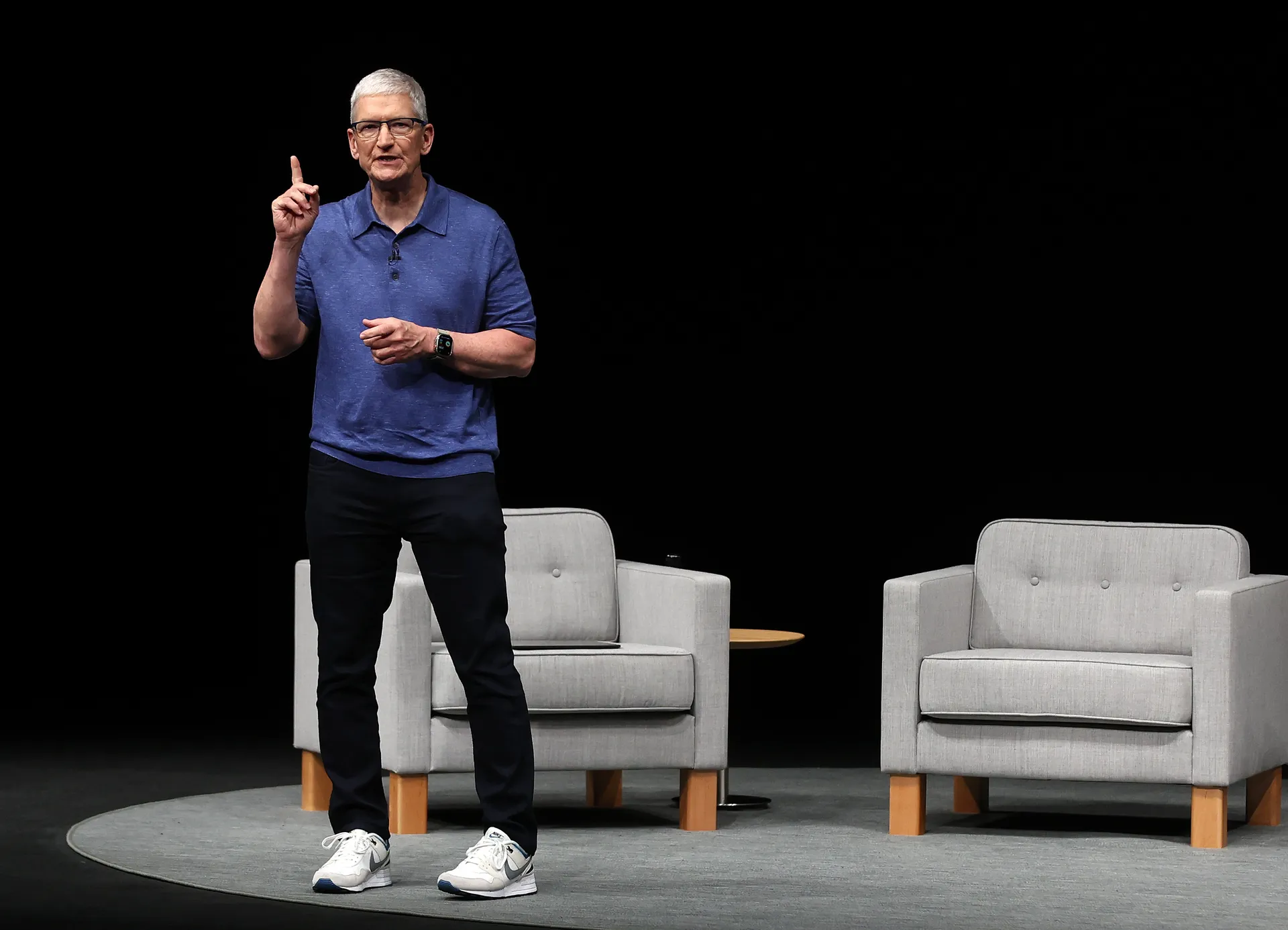
Apple Faces EU Charges Over App Store Practices Amid Regulatory Clash
In a landmark move, Apple has become the focal point of the European Union’s latest regulatory actions, marking the first major tech company to face charges under the EU’s stringent new digital markets regulations. The charges, announced just days after Apple’s decision to withhold artificial intelligence features from the EU due to regulatory concerns, center around alleged anti-competitive practices within its App Store ecosystem.
The European Commission’s preliminary findings assert that Apple’s policies restrict developers from directly communicating with users and offering alternative purchasing options, a practice known as anti-steering. Margrethe Vestager, the EU’s competition chief, emphasized the critical role of steering in reducing dependency on app store gatekeepers and ensuring consumer awareness of competitive offers.
Thierry Breton, the European commissioner for the internal market, echoed these sentiments, criticizing Apple for stifling innovation and limiting consumer choice. The charges underscore a growing rift between Apple and European regulators, escalating tensions that have been simmering for months.
Under the Digital Markets Act (DMA), which aims to curb monopolistic behaviors among tech giants, Apple could face fines of up to 10 percent of its global turnover if found guilty. This legislative framework represents a robust effort by the EU to level the playing field and foster fair competition within the digital economy.
Brussels’ scrutiny of Apple intensifies against a backdrop of broader investigations into tech giants like Meta and Google’s parent company Alphabet. However, Apple’s practices concerning app developers and its dominance in the smartphone market have placed it squarely in the EU’s crosshairs.
Developers, who have long voiced grievances over Apple’s stringent app store policies, view the charges as a potential turning point. Many have criticized Apple’s business terms as abusive and punitive, alleging that these practices hinder innovation and restrict market access.
Responding to the charges, Apple spokesperson Rob Saunders maintained the company’s compliance with existing regulations, highlighting initiatives that purportedly offer developers competitive opportunities. Nevertheless, Apple’s decision to postpone AI feature releases in the EU underscores the uncertainty surrounding regulatory compliance and its potential impact on product integrity and user privacy.
The EU’s pursuit of Apple signals a proactive stance in enforcing digital market rules, setting a precedent that could reverberate across the global tech industry. With the March 2025 deadline looming for potential fines, Apple faces a critical juncture in its ongoing relationship with European regulators.
Apple’s clash with the EU reflects broader challenges faced by tech giants navigating increasingly stringent regulatory landscapes worldwide. As the digital economy evolves, balancing innovation with regulatory compliance remains a pivotal challenge for industry leaders like Apple, Meta, and Google.
In conclusion, the EU’s charges against Apple underscore a pivotal moment in the regulation of digital markets, emphasizing the need for transparency, fair competition, and consumer choice. The outcome of this legal battle will not only shape Apple’s future in Europe but also set precedents for how global tech giants interact with regulatory authorities worldwide.
You may also like
Archives
Calendar
| M | T | W | T | F | S | S |
|---|---|---|---|---|---|---|
| 1 | 2 | 3 | 4 | 5 | 6 | 7 |
| 8 | 9 | 10 | 11 | 12 | 13 | 14 |
| 15 | 16 | 17 | 18 | 19 | 20 | 21 |
| 22 | 23 | 24 | 25 | 26 | 27 | 28 |
| 29 | 30 | 31 | ||||
Leave a Reply